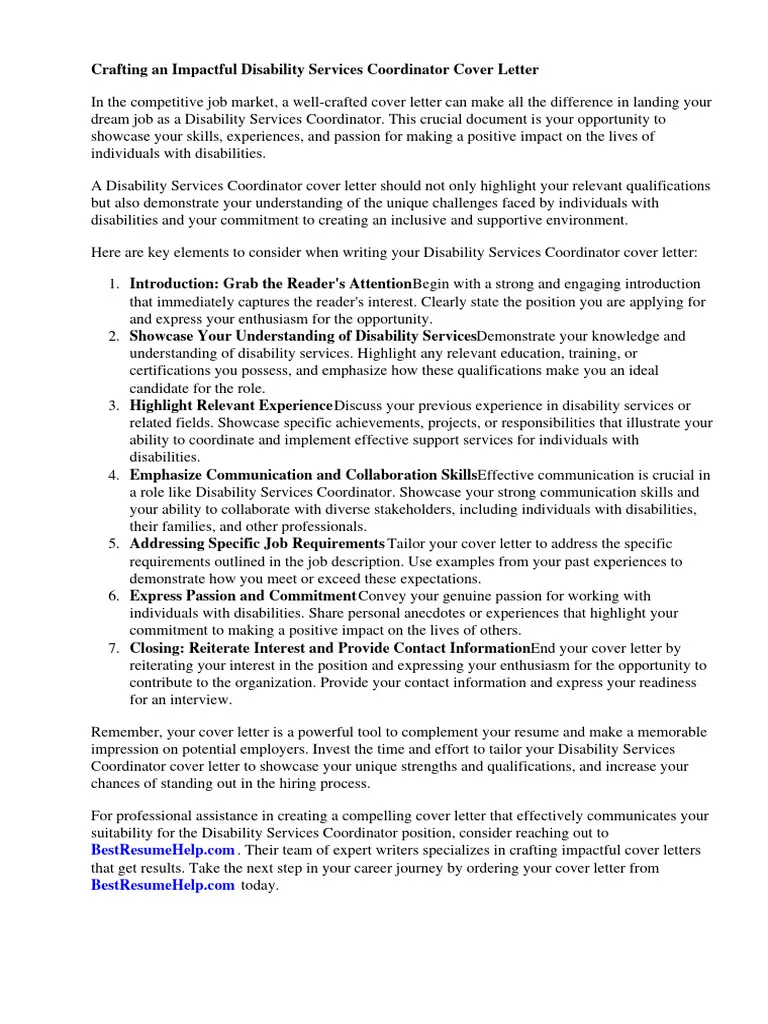Understanding the Importance of Cover Letters for Disabled Job Seekers
In the competitive job market, a well-crafted cover letter is essential, especially for disabled job seekers. This document allows you to proactively address potential concerns and highlight your unique skills and experiences. It’s an opportunity to shape the narrative surrounding your application, emphasizing your abilities and value. A strong cover letter can help you stand out, demonstrating your capabilities and increasing your chances of securing an interview. It allows you to showcase your strengths and explain how you can contribute to the company’s success, setting you apart from other candidates. Crafting a compelling cover letter allows you to manage perceptions and make a strong case for why you are the ideal candidate, demonstrating your commitment to the role and your abilities.
Highlighting Your Skills and Abilities
Your cover letter should effectively highlight your skills and abilities. Rather than just listing qualifications, demonstrate how your skills align with the job requirements. Use concrete examples to illustrate your skills in previous roles or projects. Quantify your achievements whenever possible; for instance, specify how you increased sales or improved efficiency. Focus on the skills and experiences that directly relate to the employer’s needs and highlight those that set you apart. Emphasize how your skills meet the job’s demands to show the hiring manager why you are a strong candidate. A strong cover letter will help you demonstrate your value to the organization by emphasizing what you bring to the table, using action verbs and results to illustrate your impact.
Focusing on Strengths and Accomplishments
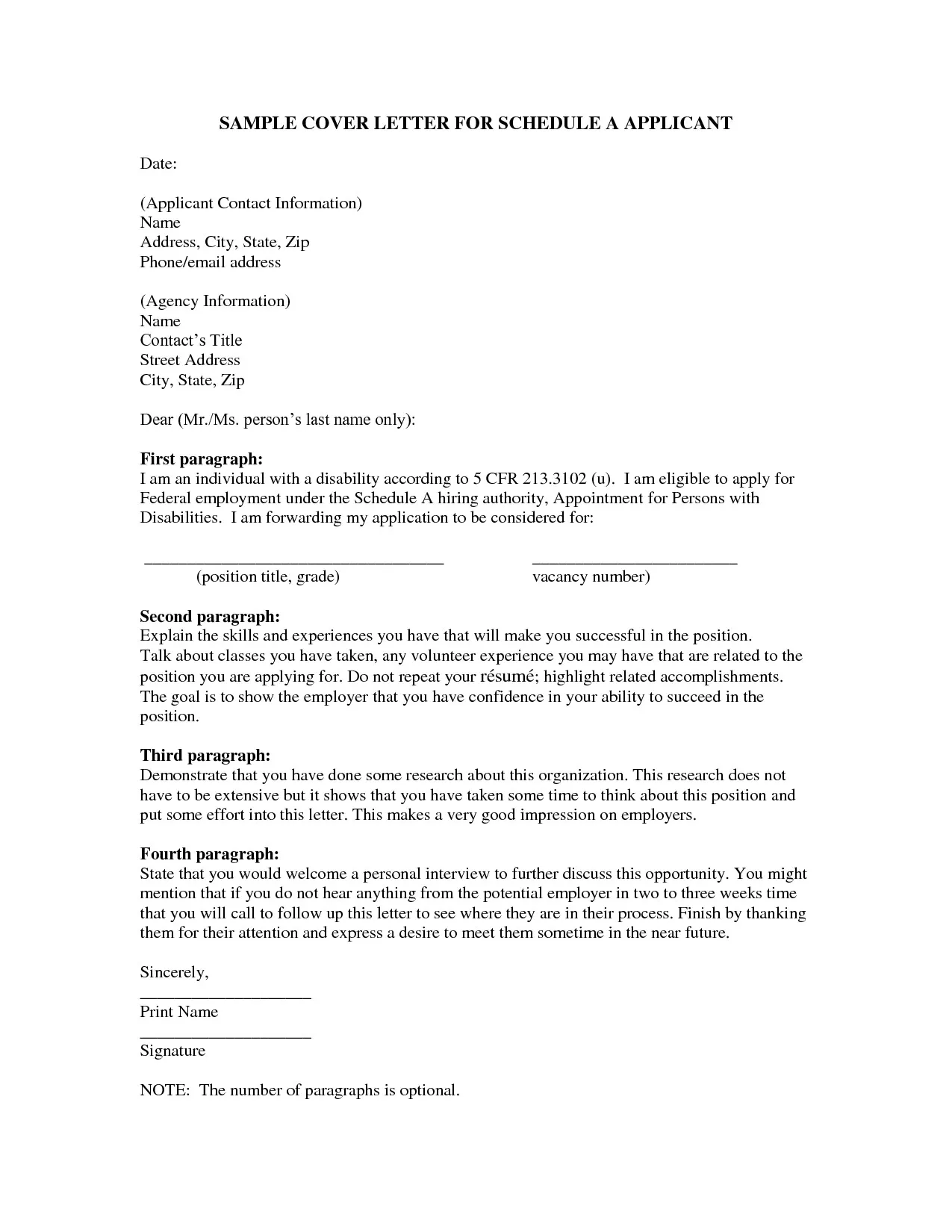
Emphasizing your strengths and accomplishments is crucial in your cover letter. Provide specific examples to showcase your capabilities. Instead of simply stating your duties, explain how your actions led to positive outcomes. Quantify your achievements whenever possible to provide concrete evidence of your abilities. For example, instead of stating you ‘managed projects,’ you could state, ‘successfully managed five projects simultaneously, completing them under budget and ahead of schedule.’ Frame your accomplishments in a way that relates to the job requirements and the company’s needs, and highlight those achievements that align with the job description. Highlighting your strengths helps potential employers appreciate your value, showing them what you can offer.
Addressing Potential Concerns Proactively
Your cover letter offers a chance to address any potential concerns an employer might have about your disability. This approach enables you to manage perceptions and provide context, allowing you to be proactive. Proactively address gaps in your work history or explain how your disability may have affected your previous roles, if necessary. Focus on the positive aspects of your experience, such as skills gained and challenges overcome. Highlight any specific skills gained or problems solved as a result of managing your disability. These can demonstrate resilience and problem-solving abilities. Be clear, concise, and professional. Frame your disability in a way that emphasizes your capabilities, reducing misunderstandings or potential biases. Doing so allows you to highlight your skills and frame your experiences in a way that is beneficial to you.
Being Transparent About Your Disability (If You Choose To)
Deciding whether to disclose your disability in your cover letter is a personal choice. There is no legal obligation to disclose, and you should only do so if you feel comfortable and believe it will benefit your application. Some disabled individuals choose to disclose their disability in their cover letter to proactively address concerns and provide context. If you decide to disclose, be factual and avoid overly emotional language. Briefly and professionally explain your disability, focusing on your skills and the value you bring. Focus on what you CAN do, not what you cannot. Any mention of your disability should support your efforts to highlight your strengths and skills. Maintain a positive and professional tone. Consider your personal comfort level and the potential advantages and disadvantages of disclosing, and make the decision you feel is best for your situation. Some people choose to disclose during the interview but not in the cover letter, and that’s okay.
When and How to Disclose
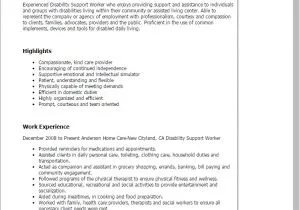
If you choose to disclose your disability, do so strategically. Consider the potential benefits and drawbacks of doing so. Experts often recommend waiting until you have established a rapport during the interview, but the choice is yours. When disclosing, keep it brief and factual. Focus on your skills and how you can meet the job requirements, rather than the specifics of your disability. Frame your disclosure in a way that highlights your strengths and resilience. You might include a statement that emphasizes your ability to perform the job effectively, despite your disability, along with any accommodations that will help you succeed. This way, you can show your strength. Be sure to consult with an employment attorney or disability advocate, if possible, and be ready to speak about it during the interview.
Focusing on Accommodations (If Needed)
If you require accommodations to perform the job, mention these in your cover letter. Be specific, but avoid excessive detail. State what you require to succeed in the role. Provide enough information to allow the employer to understand your needs without overwhelming them. Frame your requests in a way that emphasizes your productivity and efficiency. For instance, instead of saying, ‘I need extra time for tasks,’ you might say, ‘I work more efficiently with extended deadlines.’ It is also useful to mention how the accommodations will help you contribute to the company’s goals. Highlighting how accommodations will enable you to be a productive employee demonstrates your awareness of workplace needs. Always keep the focus on your skills and fulfilling the job requirements. Make your requests clear, concise, and professional. Be prepared to discuss accommodations during the interview.
Emphasizing Your Value as an Employee
Always emphasize the value you bring to the organization. Focus on your abilities and how your skills align with the job requirements. Highlight unique strengths or perspectives, such as enhanced problem-solving skills or resilience. Demonstrate how you have overcome challenges and learned from those experiences. Highlight any special certifications or qualifications you may have. Show the employer why you are a valuable candidate. Show how your skills can help the company achieve its goals, as the cover letter is essentially a sales pitch. If you present yourself well, you can make a lasting impression on the hiring manager. This allows you to stand out from other applicants and show why you are the best person for the job.
Showcasing Relevant Experience
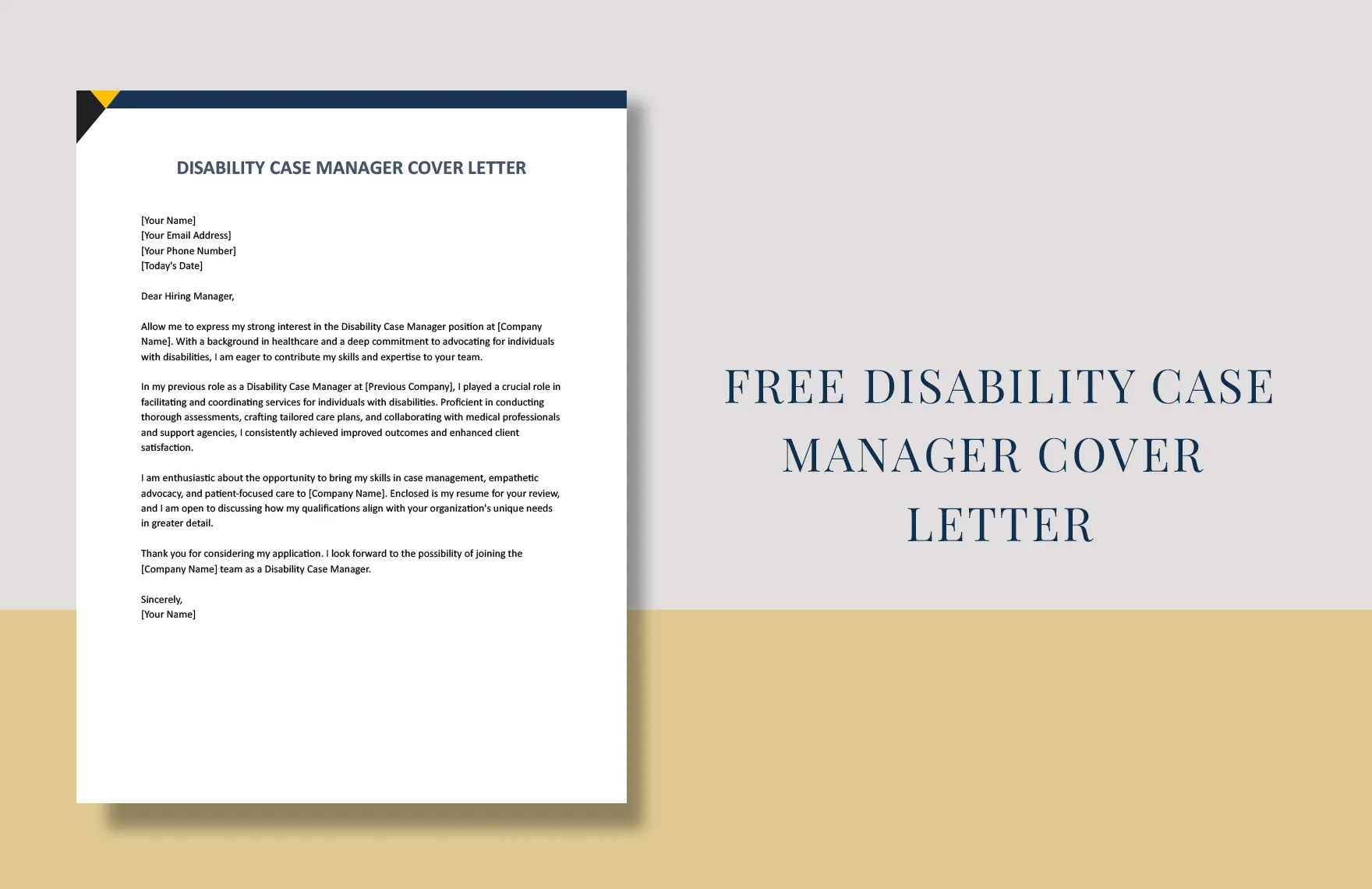
Showcase your relevant experience in your cover letter. Highlight the experiences most closely related to the job description. Provide detailed examples of your skills and accomplishments in previous roles. Use action verbs to describe your achievements. Quantify your results whenever possible. Show how your past successes demonstrate your ability to perform the job and contribute to the company’s success. By focusing on relevant experiences, you can demonstrate how your skills align with the job requirements and convince the employer of your value. Be sure to include the relevant skills requested in the job description. Take this opportunity to showcase what you have to offer and make the best case for why you are the best choice.
Tailoring Your Cover Letter to Each Job
Customize your cover letter to each specific position. Research the company and the role before writing your cover letter. Study the job description and identify the keywords and skills the employer seeks. Use those keywords and highlight how your skills and experience match the requirements. Tailor your cover letter to the specific requirements, goals, and values of each employer to show you care. Generic cover letters do not create the best impression. A customized letter shows you’ve done your homework and care about the specific job, increasing your chances of getting an interview.
Researching the Company and Role
Research the company and the role before writing your cover letter. Learn about their mission, values, and culture. Read the job description carefully to understand the specific requirements. Identify key skills and qualifications the employer seeks. Show that you understand the company’s business and the industry in which it operates. Demonstrate your interest by mentioning specific company projects or initiatives. This research helps you craft a targeted cover letter that shows you are genuinely interested and have the skills to succeed. Researching the role allows you to show that you understand what the job entails, which will give you a clear advantage over other applicants.
Using Keywords from the Job Description
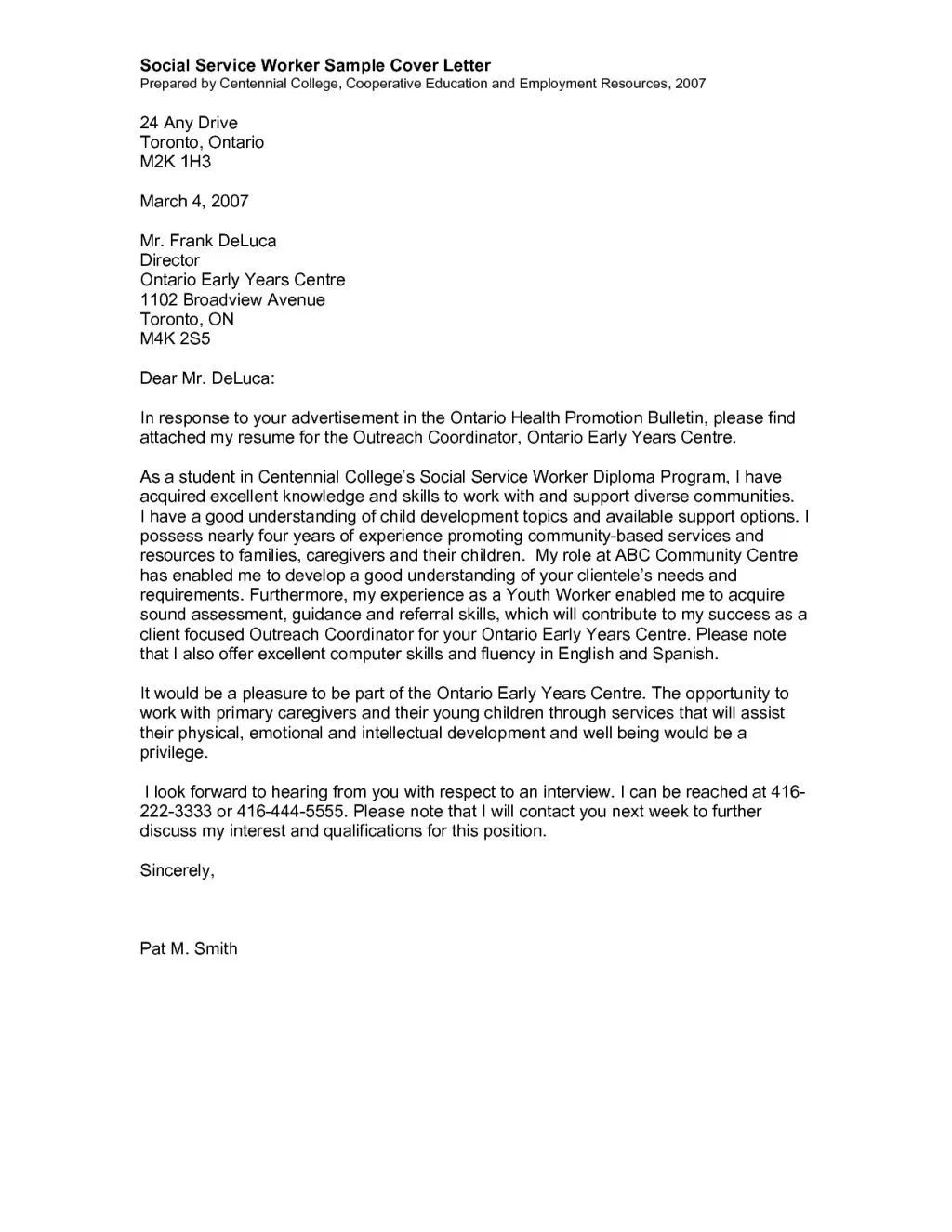
Incorporate keywords from the job description into your cover letter. Identify key skills and qualifications from the job posting and use them throughout your letter. Highlight your skills and experience that match the requirements. The best way to show you are qualified is to use the keywords in context. Include them in the body of the letter, so the hiring manager can see that you have the skills they need. Ensure that you are not stuffing keywords unnaturally. Also, it will increase your chances of passing through applicant tracking systems (ATS).
Proofreading and Editing
Before submitting your cover letter, proofread it carefully. Errors undermine your credibility and show you haven’t taken the time to create a quality application. Check for spelling mistakes, grammatical errors, and typos. Ensure your writing is clear and concise. Read the cover letter aloud to catch any awkward phrasing. Ask a friend, family member, or career counselor to review your letter and provide feedback. Proofreading ensures your cover letter is polished, professional, and makes a strong impression. It demonstrates your care and professionalism and showcases your dedication to the role.
Seeking Feedback on Your Cover Letter
One of the most effective ways to improve your cover letter is to seek feedback. Ask friends, family members, career counselors, or mentors to review your letter. Get insights and suggestions for improvement. Ask them to check for clarity, content, and formatting. Ask them to also point out any errors. Make use of the feedback and revise your cover letter. Seeking feedback helps you create an effective and impactful cover letter that will make a strong impression. A second pair of eyes can make a big difference.
Resources for Disabled Job Seekers
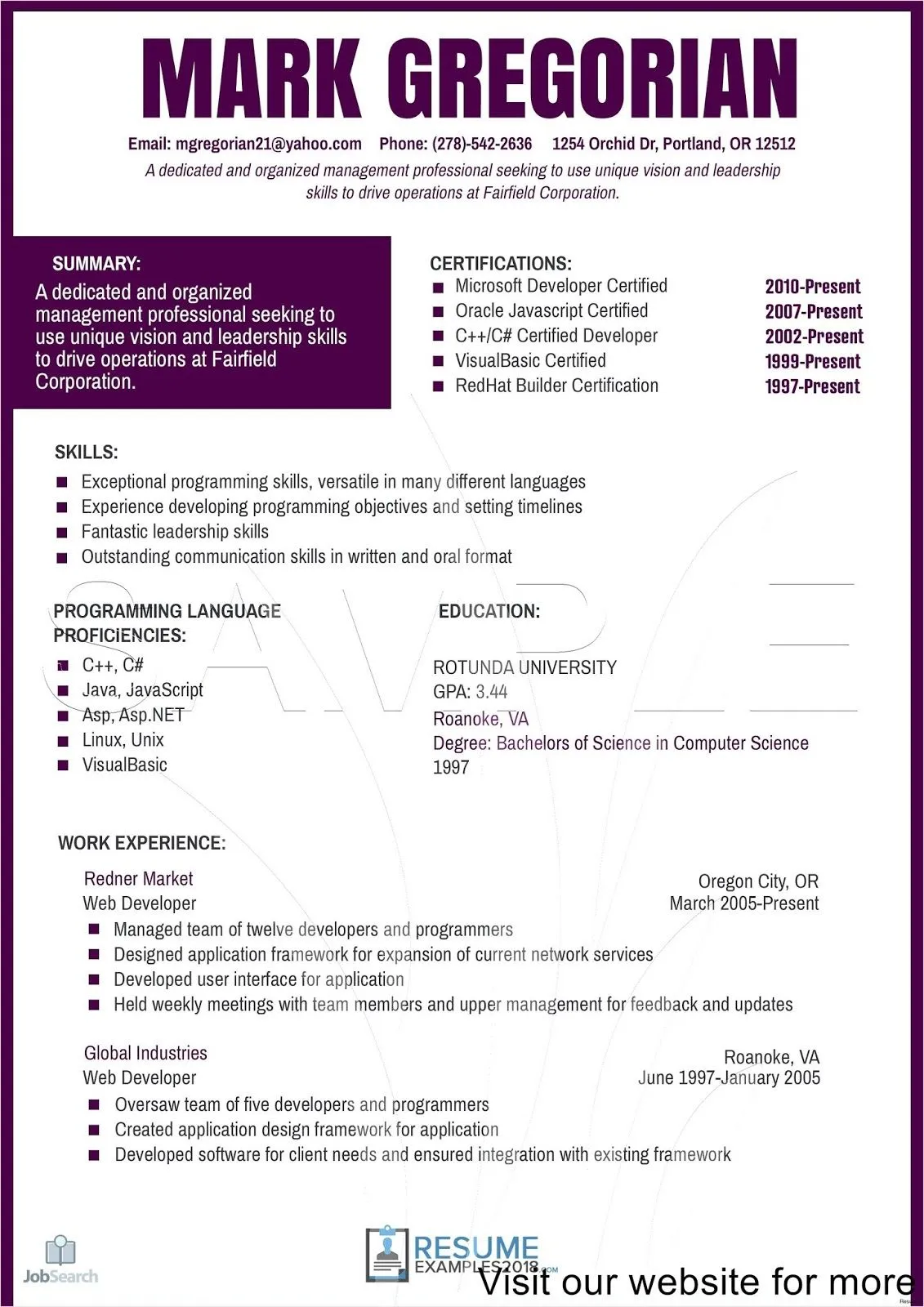
Many resources are available to assist disabled job seekers. Vocational rehabilitation agencies, disability advocacy groups, and online job boards can provide help with resume writing, job searching, and interview skills. The U.S. Department of Labor’s Office of Disability Employment Policy (ODEP) and the Job Accommodation Network (JAN) offer valuable guidance. Utilize these resources to increase your chances of success. Don’t hesitate to ask for help from these and other organizations.
